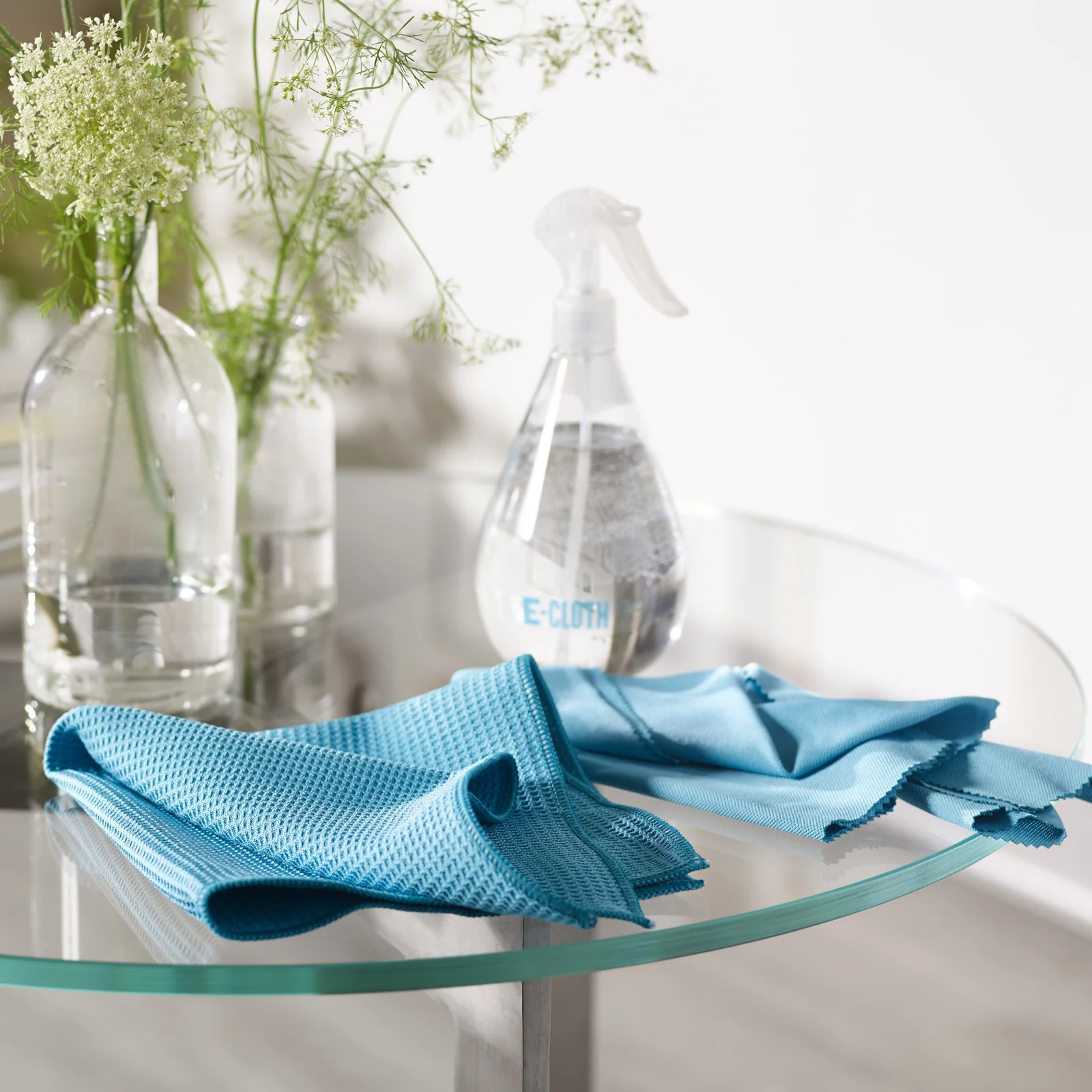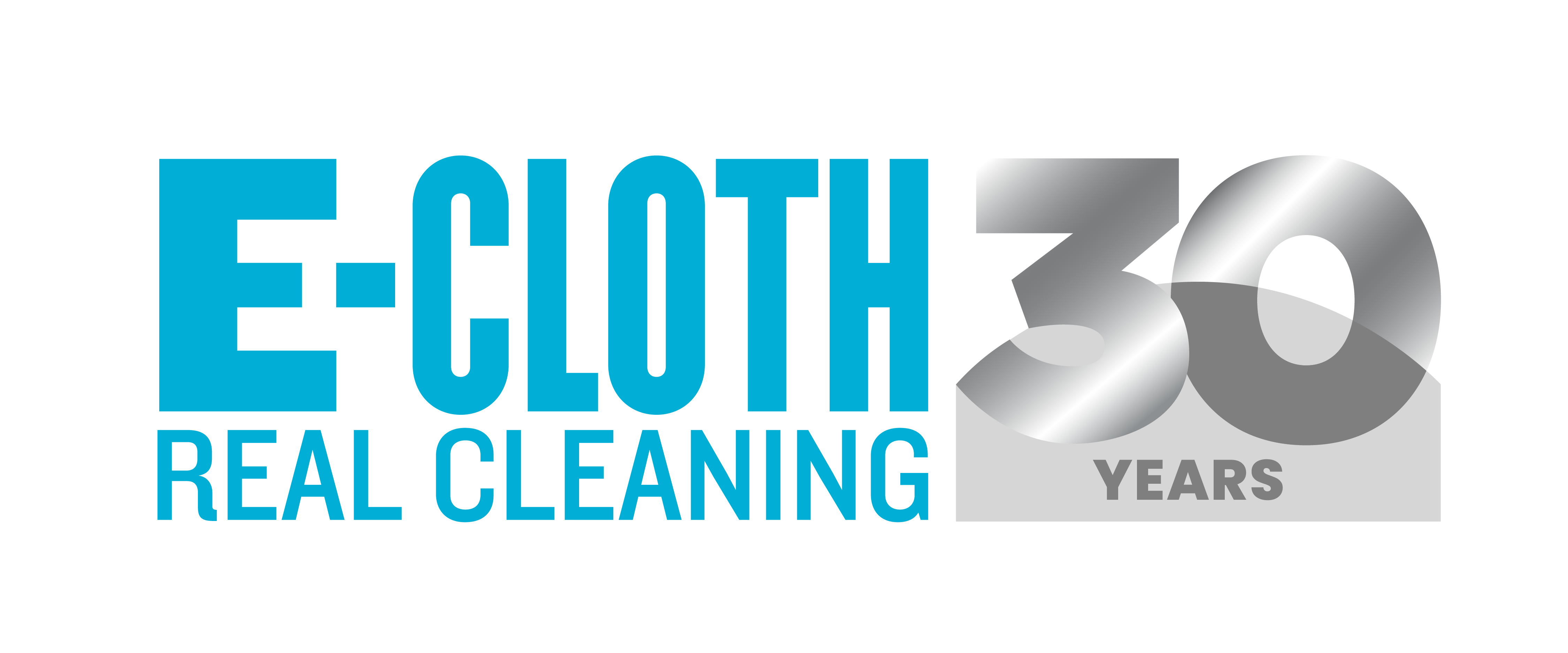Table of content:
How Often You Should Clean Your Bed sheets
Consequences of Skipping Bed sheets Cleaning
DIY Methods to Clean Your Bed sheets
Keeping your bed sheets clean is essential for both comfort and health. While most experts recommend washing your sheets every one to two weeks, your personal habits, lifestyle, and environment can influence how often you should freshen up your bedding. Regular cleaning helps prevent the buildup of sweat, oils, and allergens, while also keeping unwelcome guests like dust mites at bay. By maintaining a consistent washing routine, you can enjoy a fresher, more inviting bed, protect your skin, and extend the life of your sheets.

A Clean You Can See
Our high-performance microfiber products simplify cleaning, making it quick, easy, and effective, so you can enjoy visible results without the fuss. No streaks, just results.
How Often You Should Clean Your Bed sheets
How Often to Clean Your Bed Sheets and Why
- General Rule: Most cleaning experts suggest washing your bed sheets every one to two weeks. This interval keeps the buildup of sweat, skin cells, and natural oils in check.
- Lifestyle Considerations: If you tend to sweat a lot, have pets that share your bed, or suffer from allergies, opting for a weekly change helps manage the extra exposure to particles and dander.
- Health Reasons: Regular laundering minimizes the accumulation of irritants that can affect your skin and overall comfort. A consistent schedule promotes a cleaner sleeping environment without the stress of buildup over time.
- Environmental Factors: In warmer or more humid climates, the increased sweating means you may want to be more proactive with a weekly wash, whereas cooler months might allow you a little flexibility within the one-to-two-week window.
- Personal Habits: If you spend extra time in bed—reading, relaxing, or working—the prolonged exposure means more oils and particles settle in, warranting a more frequent wash.
Streak-Free Wherever You Need It
E-Cloth is committed to delivering a clean you can see—effortlessly erasing messes with just water for a spotless shine, free of streaks and added chemicals.

Consequences of Skipping Bed sheets Cleaning
- Unwelcome Guests: Dust Mites and More
Skipping regular bed sheet cleaning is like rolling out the welcome mat for dust mites. These microscopic critters thrive on the dead skin cells we shed every night. Over time, their numbers multiply, and their waste can build up in your bedding. This can make your bed less comfortable and may contribute to stuffy noses or itchy eyes for some people. - Odor Overload
Sweat, body oils, and the occasional midnight snack crumb don’t just disappear—they settle into your sheets. When you don’t wash your bedding, these build up and can create a musty, unpleasant smell that no amount of air freshener can mask. Fresh sheets = fresh sleep. - Stubborn Stains and Set-In Grime
The longer you leave stains (think: coffee spills, makeup smudges, or even drool), the harder they are to remove. Over time, these can become permanent, making your sheets look dingy and worn out before their time. - Skin Woes
Dirty sheets can be a playground for sweat, oil, and whatever else your skin leaves behind. This can transfer back onto your skin, potentially clogging pores and contributing to breakouts or irritation, especially if you’re prone to sensitive skin. - Shorter Sheet Lifespan
Letting grime and body oils build up can actually break down the fibers in your sheets faster. This means you’ll be shopping for replacements sooner than you’d like, which isn’t great for your wallet or your comfort. - Sleep Quality Takes a Hit
There’s nothing quite like sliding into clean sheets. When you skip washing, you might notice your bed feels less inviting, and you could even sleep less soundly. Clean bedding isn’t just about looks—it’s about comfort and rest, too.
DIY Methods to Clean Your Bed sheets
.svg)
Baking Soda and Vinegar Soak
Fill a bathtub or large basin with warm water. Add 1/2 cup of baking soda and 1 cup of white vinegar, stirring to combine. Submerge bed sheets and let them soak for 1 hour. After soaking, wash as usual. This method helps remove odors, stains, and buildup for fresher, cleaner sheets.
.svg)
Lemon Juice and Sunlight
Squeeze fresh lemon juice onto any stains on the bed sheets, then lay the sheets outside in direct sunlight for several hours. The natural bleaching power of lemon juice combined with sunlight helps lift stains and brighten the fabric. Wash as usual after treatment.
.svg)
Hydrogen Peroxide and Cold Water Soak
Mix one part hydrogen peroxide with two parts cold water in a basin. Soak bed sheets in the solution for 30 minutes, then wash as usual. This method helps remove stains and disinfects the fabric naturally.
.svg)
Salt and Cold Water Soak
Dissolve 1/2 cup of salt in a bucket of cold water. Soak bed sheets in the solution for several hours, then wash as usual. This method helps remove stains and brighten whites naturally.
.svg)
Incomplete Stain Removal
Baking soda and vinegar may not fully break down tough or set-in stains on bed sheets, leading to incomplete stain removal. This method lacks the stronger cleaning agents needed for deep or stubborn stains.
.svg)
Allergen Residue Persistence
Lemon juice and sunlight may not fully remove allergen residues from bed sheets, leaving proteins or particles that can trigger allergic reactions. This method lacks the effectiveness of thorough washing with detergent and hot water.
.svg)
Fabric Damage Risk
Hydrogen peroxide can weaken or discolor certain fabrics, especially colored or delicate sheets. Prolonged soaking may cause fading, yellowing, or fiber damage, reducing the lifespan and appearance of your bed sheets.
.svg)
Limited Germ Elimination
Salt and cold water soaking may not effectively kill all germs or bacteria on bed sheets, as cold water lacks disinfecting power and salt alone is not a strong antimicrobial agent, leading to limited germ elimination.
Ready for an Easier Way to Clean?
Skip the mixing, spraying, and scrubbing. With E-Cloth, you get a streak-free shine using just water—no added chemicals, no hassle. Make every window sparkle the simple way.
Explore other Articles
Headphones
Learn how often to clean your headphones for optimal sound and hygiene. Simple tips to keep them fresh and lasting longer.
Bookshelves
Discover the ideal frequency to clean your bookshelves for a dust-free, organized, and fresh home library.
Jeans
Discover the ideal frequency to clean your jeans for lasting style, comfort, and fabric care. Keep them fresh and durable!
Range hood filter
Learn how often to clean your range hood filter for optimal kitchen air quality and appliance efficiency. Keep it fresh and safe!
Washing machine
Learn how often to clean your washing machine for optimal performance and freshness. Keep your laundry fresh and your machine efficient!
Garage floors
Discover the ideal frequency for cleaning your garage floors to keep them spotless and well-maintained year-round.
Experience Real Cleaning
A Clean You Can See
Experience Real Cleaning


